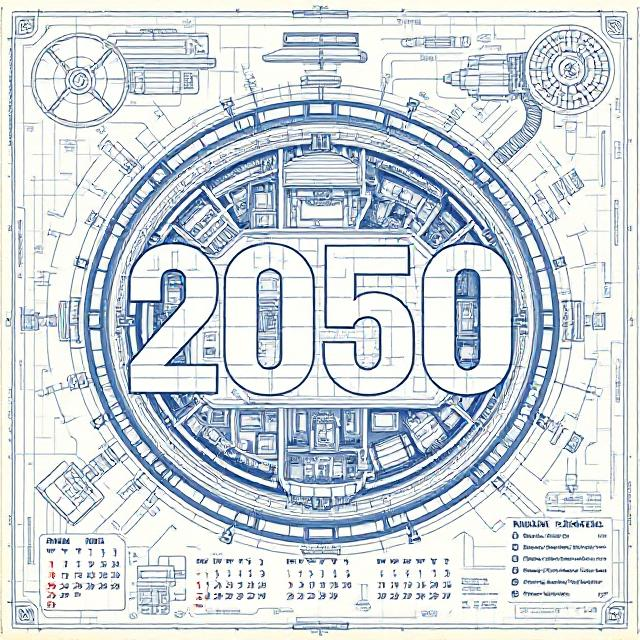It doesn’t feel like a crisis at first glance. You won’t see flashing lights or hear sirens. There’s no single moment when it begins — no dramatic event that makes headlines. It happens gradually, quietly. One skipped meal turned into fast food. One walk traded for a screen. One generation passing habits to the next.
But the numbers don’t whisper. They shout.
That’s not a statistic. That’s a wake-up call.
And it’s not just about weight — it’s about health, longevity, and quality of life. It’s about children growing up in bodies already burdened by preventable disease. It’s about communities with no access to fresh food, families working two jobs who barely have time to cook, and a healthcare system cracking under the weight of chronic conditions tied to diet and inactivity.
Obesity isn’t about willpower. It’s not about shame. It’s about a culture — one we’ve all inherited — that makes the unhealthy choice the easy one. Fast food is cheaper than salad. Cities are built for cars, not feet. Processed snacks are available 24/7, while nutrition education is treated like an afterthought.
And the more we normalize it, the harder it becomes to change.
By 2050, if this projection becomes reality, it won’t just mean larger clothing sizes or more doctors’ visits. It will mean a nation with higher rates of diabetes, heart disease, stroke, joint pain, infertility, and depression. It will mean lost productivity, skyrocketing healthcare costs, and millions of people living shorter, harder lives.
But here’s the good news: this is still a prediction — not a destiny.
We still have time. Not just to tell people to “lose weight,” but to create a world where being healthy is actually possible.
That means making nutritious food accessible and affordable. It means investing in safe parks and walkable neighborhoods. It means teaching kids to cook and to care about what they put in their bodies — not because they should look a certain way, but because their bodies deserve respect.
This future isn’t set in stone. We can rewrite the story. But it starts with awareness, action, and compassion — for ourselves, for each other, and for the generations who will live in the world we shape today.


